So, you just brought home that cute new puppy. Maybe you got your puppy from a great breeder and you've been waiting to bring her home for weeks. Or, perhaps you worked with your local animal shelter to adopt a dog that needed a home. Whatever the case, if you have a new dog you will probably soon start thinking about training her.
If this is your first dog or it's been a long time since you had a dog, here are some tips that will help you have a happy, well-trained new member of your family.
1. Do socialize your new puppy or dog. Socialization means taking your puppy or dog out in public to see new things and meet new people. The more your new puppy or dog becomes acquainted with new things, the more well-adjusted he will be later on. Socialization also helps your dog build confidence. All of these things will help you when you train your dog.
2. Start training your puppy or dog at a young age, the earlier the better. Even if you bring home your puppy at eight to ten weeks of age, you can start teaching him simple things like how to sit when you ask. You will certainly begin teaching any puppy or dog you bring home his house training lessons as soon as you get him.
3. Keep all of your training positive and cheerful. Make training fun and your puppy or dog will enjoy it more, pay better attention and learn more. Training should be fun! If your puppy or dog thinks that training is a game it will be more fun for both of you.
4. Keep training sessions short. Training sessions only need to be about 15-20 minutes twice a day for a dog. They can be a little shorter for a young puppy. There is no reason to make training long and boring. Your puppy or dog has a short attention span. He can learn what he needs to learn in the first few minutes. The rest of the time is practice time. Don't make it boring by endlessly repeating it.
5. Use lots of praise and reward when you're training your puppy or dog. Praise and reward makes training more fun for your dog. Reward doesn't have to be food. It can be anything that your puppy or dog loves -- hugs from you, playing for a couple of minutes, belly rubs. Whatever your puppy or dog likes best can be a great reward.
6. Don't train when you are grumpy or angry. Never take out your own bad feelings on your dog or puppy. If you aren't in a good mood then postpone training for another time.
7. Be consistent. If you ask your puppy or dog to lie down and he sits instead, don't give praise or rewards for the wrong result. Keep training for the right result. You should also be consistent in your training and train on a regular basis -- daily training is good.
8. Always end your training sessions on a positive note. Even if your session hasn't gone well, end things by doing an exercise that you know your puppy or dog can do well so you can end by praising and rewarding him.
Keep these tips in mind and you will soon have a happy and well-trained dog!

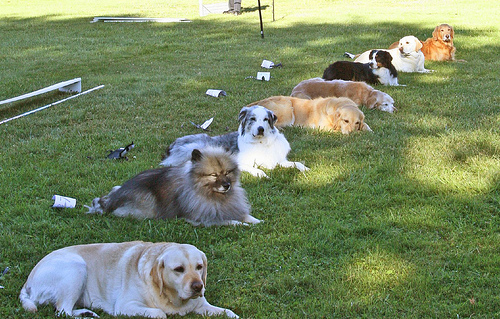 Canine Manners 101: Teaching your dog the basics of the 揝tay?Command
Canine Manners 101: Teaching your dog the basics of the 揝tay?Command
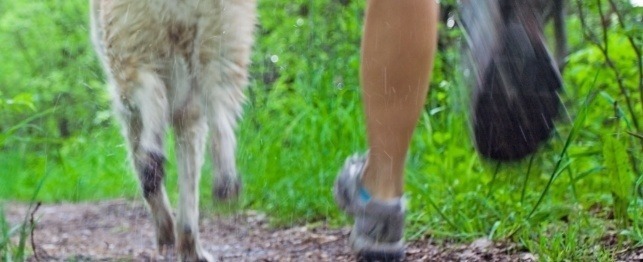 Does Your Dog Need More Exercise?
Does Your Dog Need More Exercise?
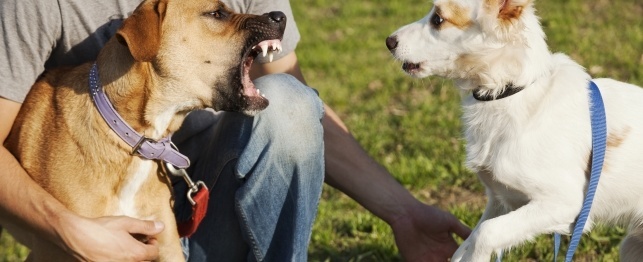 Dog Parks and Bites: What You Need to Know
Dog Parks and Bites: What You Need to Know
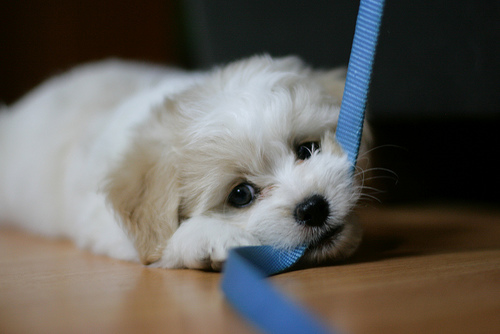 Teaching Your Dog Polite Leash Skills - Canine Manners 101 Dog Training Series
Teaching Your Dog Polite Leash Skills - Canine Manners 101 Dog Training Series
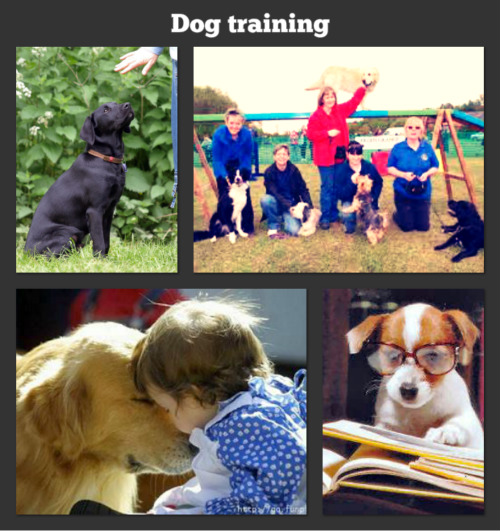 How To Use Vibration Dog Training Collars
How To Use Vibration Dog Training Collars
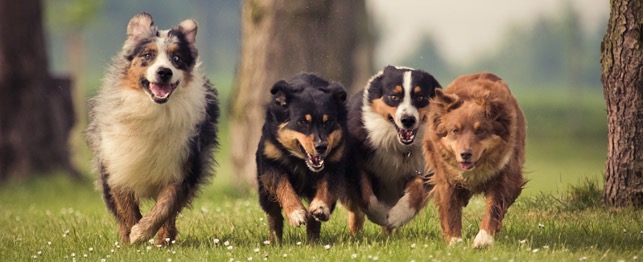 Parks & Recreation: 7 Tips for Enjoying Dog Parks
Parks & Recreation: 7 Tips for Enjoying Dog Parks
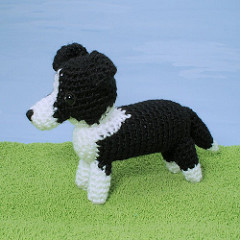 Train Your Border Collie Dog With These Helpful Hints
The day your new puppy comes home with you will be filled
Train Your Border Collie Dog With These Helpful Hints
The day your new puppy comes home with you will be filled
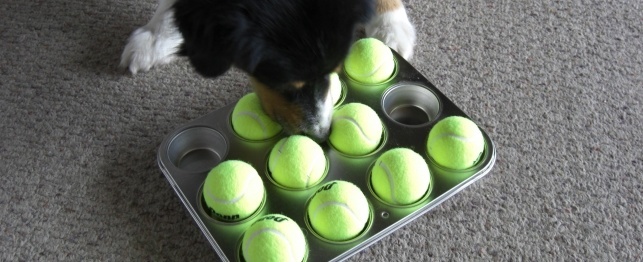 The Fabulous Muffin Tin Game for Dogs
The Fabulous Muffin Tin Game for Dogs
The Fabulous Muffin Tin Game for Dogs
The Fabulous Muffin Tin Game for Dogs
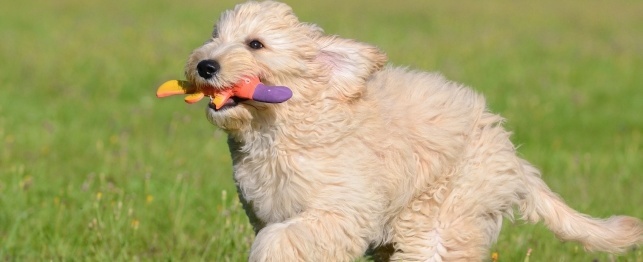 Five Games That Will Delight Your Dog
Five Games That Will Delight Your Dog
Five Games That Will Delight Your Dog
Five Games That Will Delight Your Dog
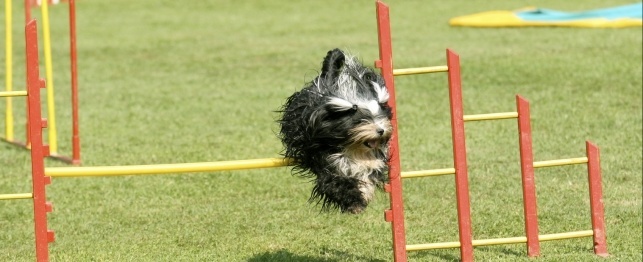 Agility: an Exciting Dog Sport
Agility: an Exciting Dog Sport
Agility: an Exciting Dog Sport
Agility: an Exciting Dog Sport
 MORE Games That Delight Dogs
MORE Games That Delight Dogs
MORE Games That Delight Dogs
MORE Games That Delight Dogs